
Dogs
As the mercury plunges, the seasonal winter rituals begin. We break out winter clothing, weatherproof our homes, and limit our time outdoors. We also prepare for the winter holidays.
In addition to getting ourselves ready for winter, we shouldn't forget our pets. Providing a safe environment for them is also important.
Some products made for winter can be very dangerous or even lethal to pets. Ice melts, salts and antifreeze are three commonly used products that can make pets very ill.
As the outside temperature falls, people and pets tend to spend more time indoors. Be sure your home is safe.
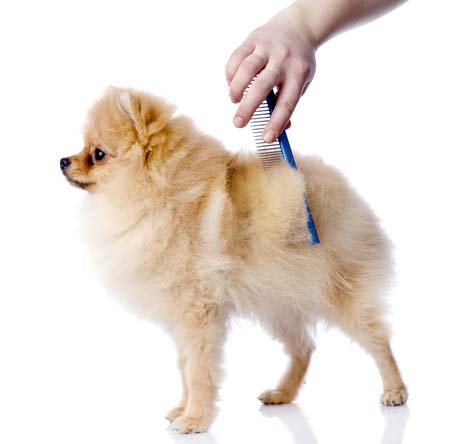 Hardcore Grooming After a Day at the Beach
Dogs love the beach, but sand tends
Hardcore Grooming After a Day at the Beach
Dogs love the beach, but sand tends
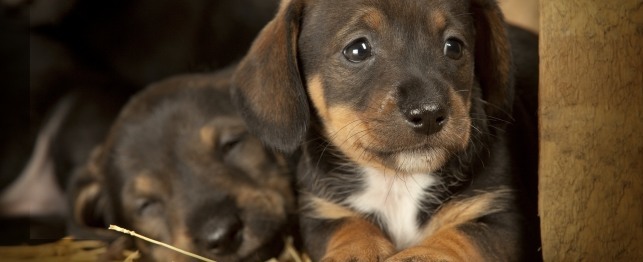 Adopting Puppies Before 8 Weeks - What You Should Know
Adopting Puppies Before 8 Weeks - What You Sh
Adopting Puppies Before 8 Weeks - What You Should Know
Adopting Puppies Before 8 Weeks - What You Sh
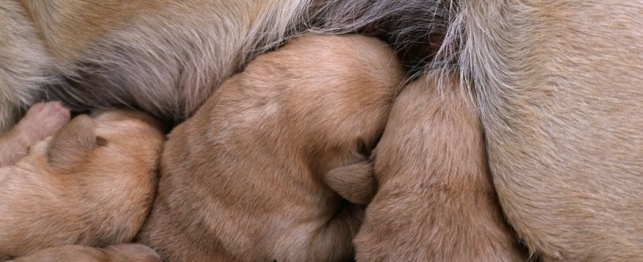 Caring for Newborn Puppies
Caring for Newborn Puppies
Caring for Newborn Puppies
Caring for Newborn Puppies
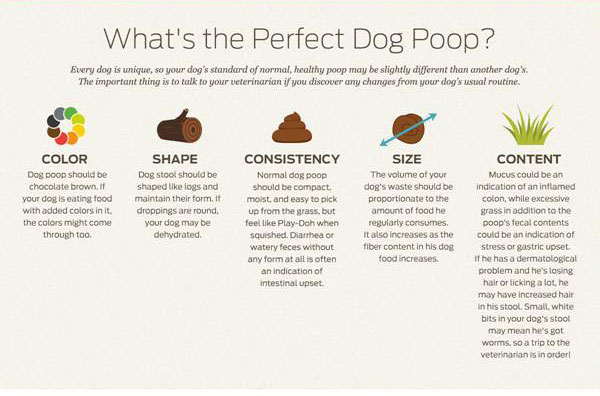 Dog Diarrhea
It’s not a topic anyone likes
Dog Diarrhea
It’s not a topic anyone likes
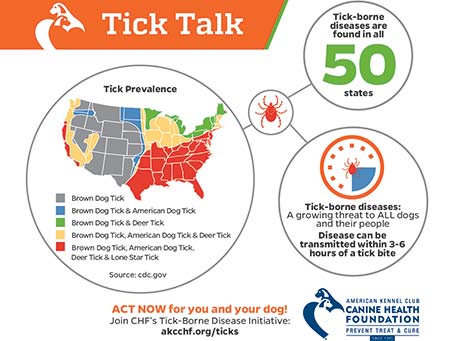 How to Remove a Tick from Your Dog
Removing a tick, or worse, ticks, f
How to Remove a Tick from Your Dog
Removing a tick, or worse, ticks, f
Copyright © 2005-2016 Pet Information All Rights Reserved
Contact us: www162date@outlook.com